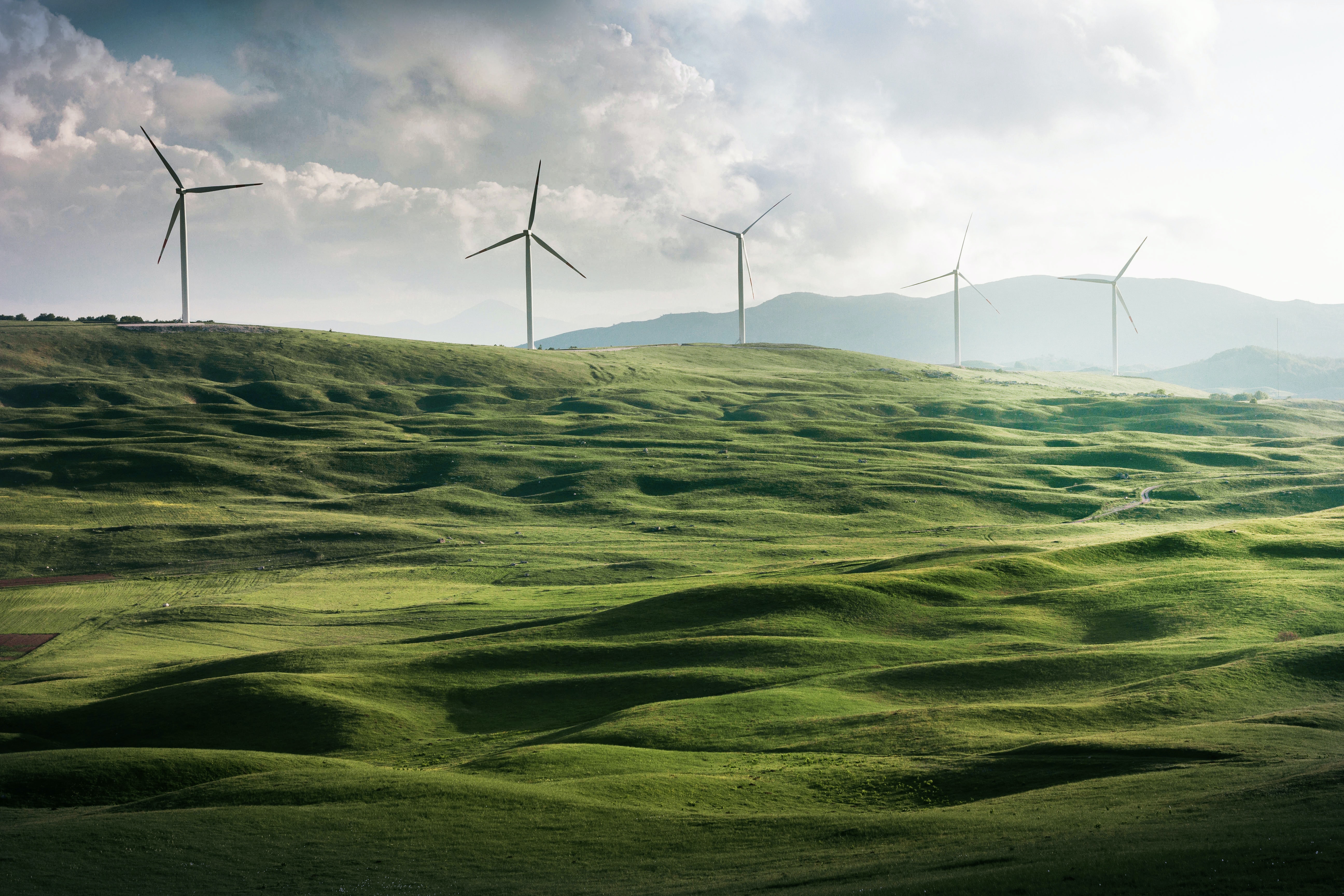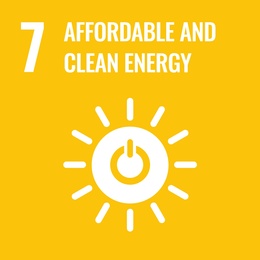SDG #7 - Ensure access to affordable, reliable, sustainable, and modern energy for all.
Imagine if...
Imagine if...

Ensure access to affordable, reliable, sustainable, and modern energy for all.
Globally, more and more people have access to electricity, which has improved overall daily life. With greater access to energy, people and communities have experienced improved public services, including safer, more reliable transportation and telecommunications. However, as the population continues to grow, so will demand for better, more...
Raise awareness
It is imperative to expand infrastructure and upgrade technology for supplying modern and sustainable energy services for everyone worldwide, including in developing countries. We are working against global climate change, so we must double the rate of improvement in energy efficiency for the benefit of all. Governments and leaders will have to prioritize this issue much more.
Working toward a 100% clean energy future that is reliable, resilient and equitable, Interstate Renewable Energy Council’s (IREC) mission is to build the foundation for rapid adoption of clean energy and energy efficiency to benefit people, the economy and our planet. IREC supports forward-thinking, fact-based regulatory reform to make clean energy possible for more Americans. A non-profit formed in 1982, the Council also promotes workforce development and consumer education, especially for low-income communities typically underserved by renewable energy projects.
CRS is a national nonprofit with global impact. It develops expert responses to climate change issues with the speed and effectiveness necessary to provide real-time solutions. Its leadership through collaboration and environmental innovation builds policies and consumer-protection mechanisms in renewable energy, greenhouse gas reductions, and energy efficiency that foster healthy and sustained growth in national and international markets.
We are working for a 100% clean powered future that supports the needs, health and well-being of everyone in the U.S. — with solar energy leading the way. We focus on solar energy because it’s plentiful, it’s popular, and it has a unique ability to shift power (literally and figuratively) over energy decision-making to real people, who overwhelmingly support a rapid transition to clean energy. Founded in 2002, Vote Solar advocates for clean energy in legislative and regulatory arenas at the state level, where most decisions about electricity are made. Despite powerful opposition, we use a winning combination of deep policy expertise, coalition building, and public engagement to get the job done.

GRID Alternatives envisions a rapid, equitable transition to a world powered by renewable energy that benefits everyone. Our mission is to build community-powered solutions to advance economic and environmental justice through renewable energy. The nation’s largest nonprofit installer of clean energy technologies, GRID develops and implements renewable energy projects that serve economic and environmental justice communities. GRID creates and installs solar projects that serve low-income households and communities, and is enabling these communities to access a variety of clean mobility and battery storage incentive programs. Through our unique, people-first model, we are putting money back into families’ pockets, reducing the energy cost burden for housing providers, and jumpstarting clean energy careers. We partner with affordable housing organizations, job training groups, government agencies, municipalities, utilities, tribes and local communities to make clean energy a win for everyone.
The Sustainable Development Goals (SDGs), also known as the Global Goals, were adopted by all United Nations Member States in 2015 as a universal call to action to end poverty, protect the planet, and ensure that all people enjoy peace and prosperity by 2030. The 17 SDGs are interconnected and integrated, and reaching these goals requires balancing...

Stage 1
Become a founding donor
Stage 2
Help build support
Stage 3
Join the final push
 SDG 10 - Reduced Inequalities
SDG 10 - Reduced Inequalities SDG 15 - Life on Land
SDG 15 - Life on Land SDG 3 - Good Health and Wellbeing
SDG 3 - Good Health and Wellbeing SDG 8 - Decent Work and Economic Growth
SDG 8 - Decent Work and Economic Growth SDG 9 - Industry, Innovation, and Infrastructure
SDG 9 - Industry, Innovation, and Infrastructure SDG 11 - Sustainable Cities and Communities
SDG 11 - Sustainable Cities and Communities SDG 17 - Partnership for the Goals
SDG 17 - Partnership for the Goals Climate
Climate SDG 16 - Peace, Justice, and Strong Institutions
SDG 16 - Peace, Justice, and Strong Institutions SDG 5 - Gender Equality
SDG 5 - Gender Equality SDG 1 - No More Poverty
SDG 1 - No More Poverty SDG 6 - Clean Water and Sanitation
SDG 6 - Clean Water and Sanitation SDG 4 - Quality Education
SDG 4 - Quality Education SDG 2 - Zero Hunger
SDG 2 - Zero Hunger Bay Area Poverty
Bay Area Poverty SDG 13 - Climate Action
SDG 13 - Climate Action SDG 12 - Responsible Consumption and Production
SDG 12 - Responsible Consumption and Production SDG 14 - Life Below Water
SDG 14 - Life Below Water Conservation
Conservation New York Poverty
New York Poverty U.S. Education
U.S. Education Global Poverty
Global Poverty